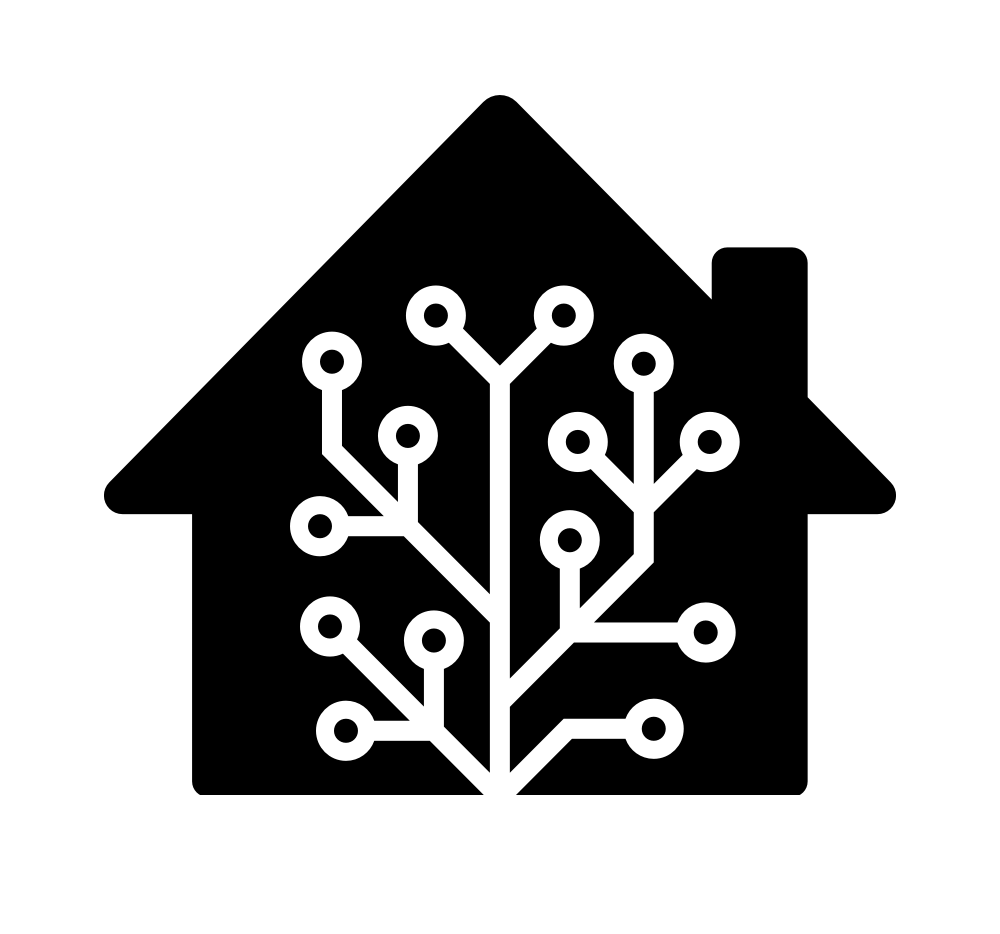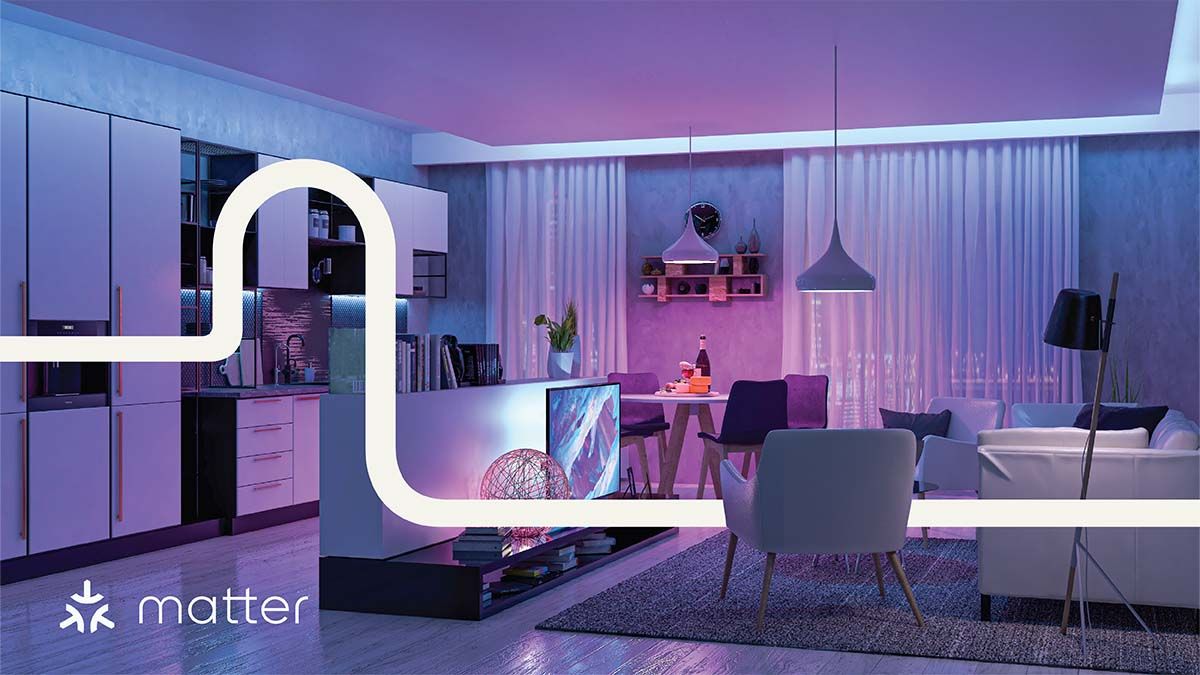The Matter connectivity and interoperability standard was launched with great aplomb in November by Amazon, Apple, Samsung, Google, and hundreds of other companies. It’s designed to solve the issue of connectivity among smart home devices and platforms once and for all, offering a single communication protocol that everything, and I mean everything, was supposed to work with. Supposed to, anyway.
Yet In the year since the smart home standard was released, adoption has ground to a halt, and improvements and iterations on the standard have not materialized. In early September, I met Chris La Pre at the enormous IFA consumer electronics show in Berlin. Chris is head of technology for the Connectivity Standards Alliance (CSA), which steers the Matter standard and herds the cats responsible for its development. He acknowledged that, while there are about a thousand “certified” devices listed on the CSA site, there are perhaps 30 on the market today. And that includes the dozen hubs sold by Google and Amazon.
Apparently, Matter simply doesn’t matter.
…
Matter’s invisibility is partly by design: thanks to cross-brand compatibility with the spec, everything is supposed to just work. Your light bulbs and doorbells will talk to your security cameras and stereo seamlessly and smoothly. Hence there’s no need to market or even mention the spec. If it’s Matter, it’ll work. In reality, Matter devices today rarely speak to each other, instead requiring a hub like the Samsung Station or a Google Nest Hub.
And the CSA noted that standard is built to allow founding companies like Google and Apple to endorse their own platforms, rather than a Matter smarthome app. The end of the Google Blog post from last December is telling, handily advising you that “to make sure devices from other brands have been tested to work well with Google devices, also look for the Works With Google Home badge.”
With no visibility to consumers – no app on your phone, no settings in your iPhone or Android device, no options to tick in Windows, no logo anywhere in the Windows, iOS, or Android software – Matter is purely behind the scenes.


